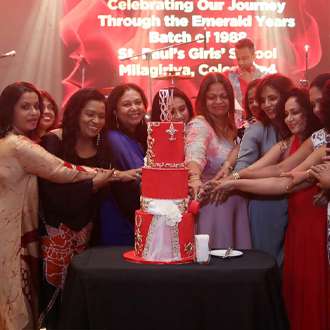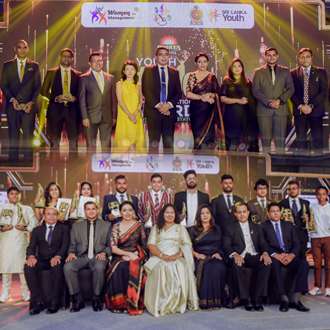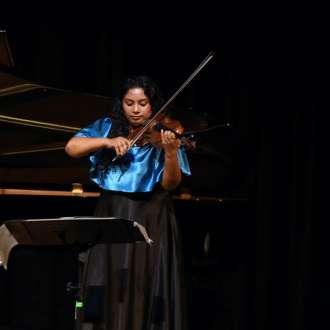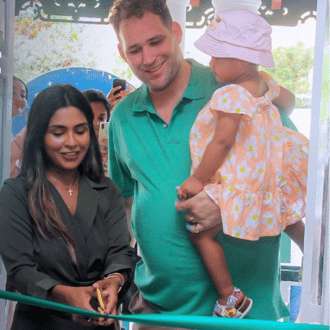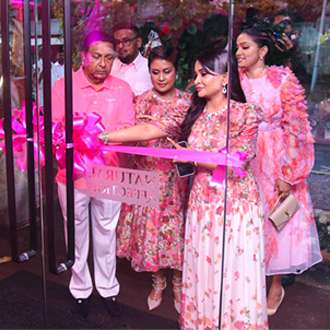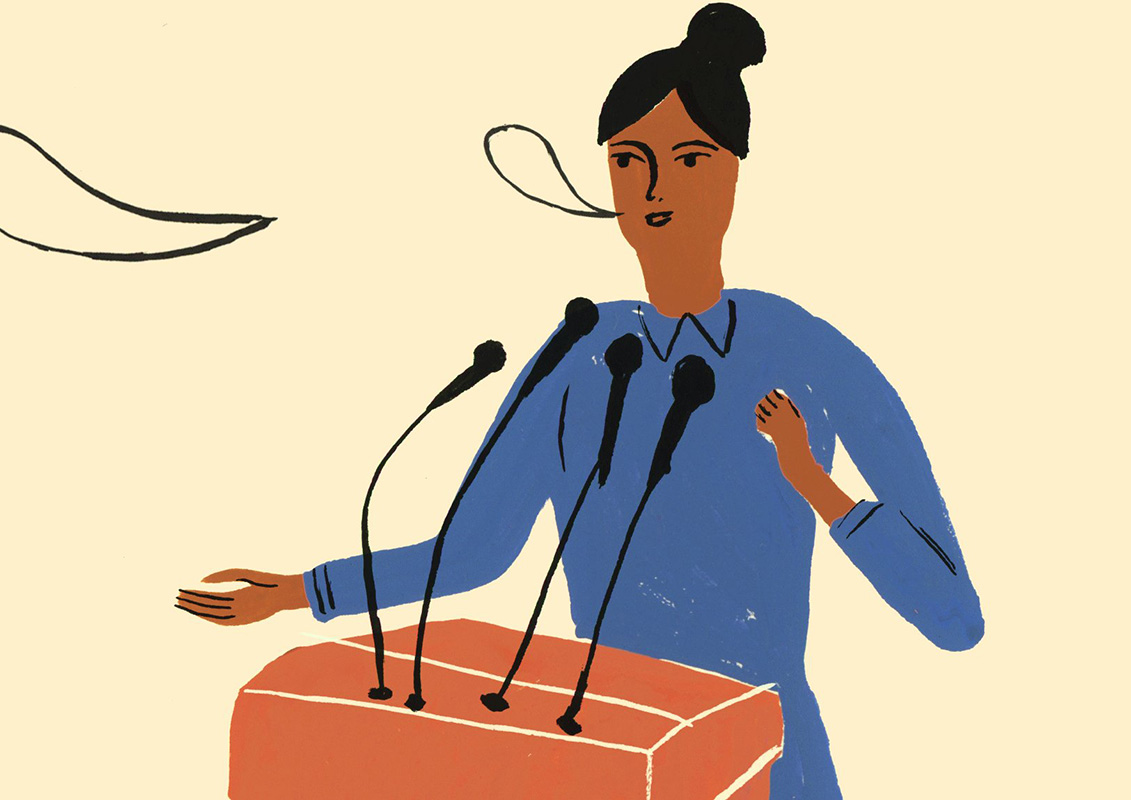
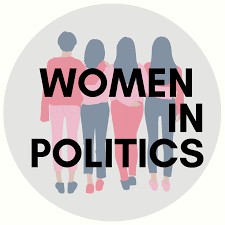
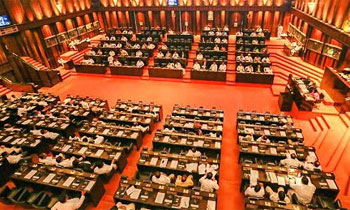
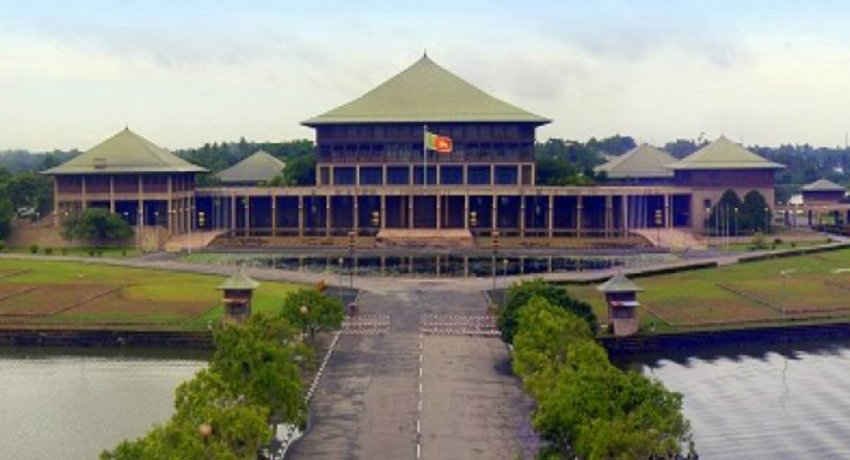
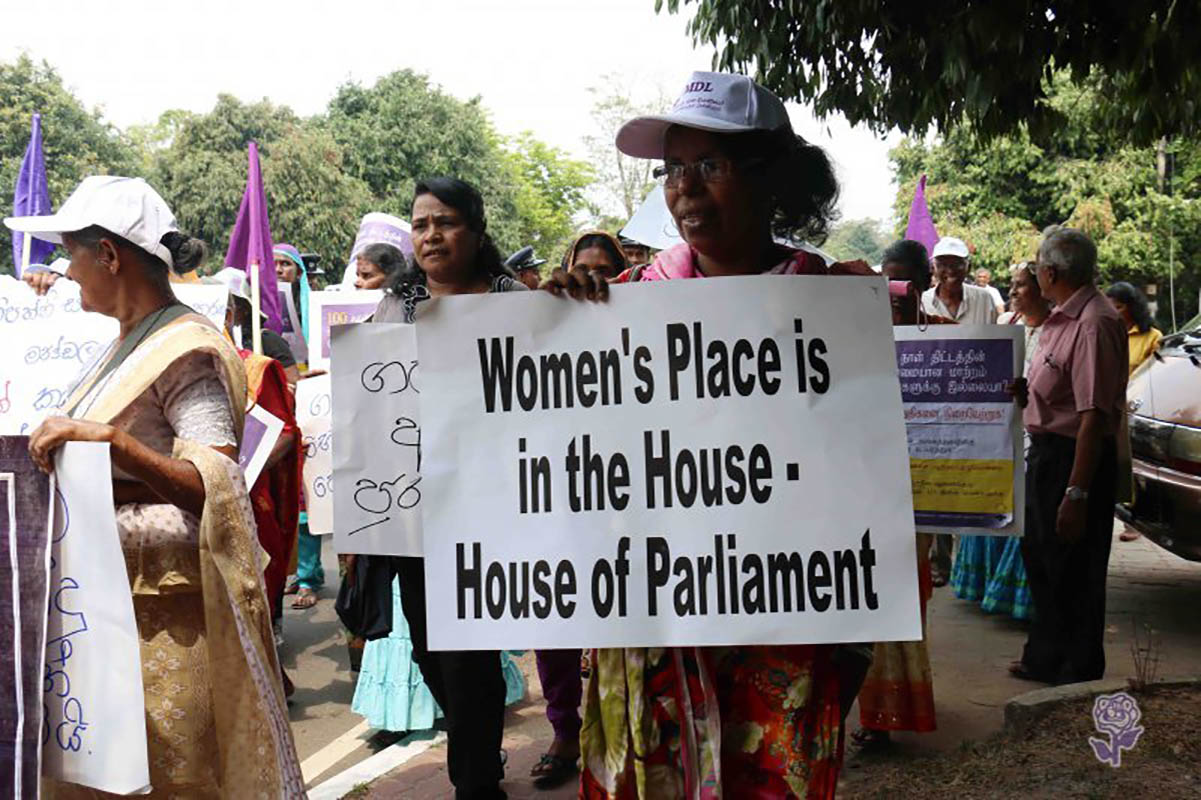

Amid the coronavirus pandemic a clear trend has emerged, nations led by women have been more successful at containing COIVD-19. From Germany's Angela Merkel and New Zealand Prime Minister Jacinda Ardern, to Finland's Sanna Marin, and Taiwan’s Tsai Ing-wen, female leaders have reportedly fought COVID-19 outbreaks more efficiently than many others. The success of these women represents the victory of a different leadership style that revolves around unique qualities such as empathy – where health and human security were prioritized in their response.
While we recognize the benefits of the alternative perspectives women can bring to the political arena, why still is the presence of women in the Sri Lankan government so dismally low? With the exception of Bandaranaike’s who were respectively the first female Prime Minister globally, and one of the first female Presidents, representation of women in the Sri Lankan government has been minimal in the 70 plus years since independence.
The nominations for the 2020 Parliamentary Elections have done nothing to rectify this, and have been disappointing to say the least, with most of the major political parties failing to put forward more than 2-3 female candidates in the districts. This poor show, only highlights the need for gender quotas given the slow progress in achieving gender equality in politics.
Throughout history we have witnessed the exclusion of some groups from the political process – most notably women and minorities - given political, economic, and social barriers. This has led to affirmative action measures such as political quotas being adopted to equalize the playing field and promote the democratic process. While the primary critique of quotas is that they are viewed as non-democratic tampering, it can be argued that although there is “equality of opportunity” with formal barriers to representation being removed, real equal opportunity does not exist given the inequitable social structures present which prevent certain groups from gaining political representation. Sri Lanka is no stranger to this, not having seen the percentage of women in parliament rise above around 6.5% since independence in 1948.
The importance of women's representation in politics revolves around four main arguments. Firstly there is the justice argument that women represent half the population and have the right to half the seats. Next, the experience and ability argument that revolves around the fact that women have unique skills and qualities which would positively contribute to the process of governing a country and therefore ought to be represented. The interest group argument contends that women and men have partly conflicting interests and thus men cannot represent women. And lastly, women must be represented in politics as they pave the way for other capable and aspiring women who would have the motivation to follow.
The notable absence of women in our legislature exposes a fundamental weakness in our political system and constitutes a political problem to those committed to substantive and not merely procedural democracy. In order for a government to be truly democratic it must be a microcosm of the nation. Whilst not the final solution, quotas can be viewed as one of the means that can contribute to only creating a more equitable and inclusive political environment, promoting rather than hindering the democratic process , but also bringing to the table, skills and qualities which would enhance the process of government. In order for a democracy to be truly substantive, presence is key. Gender quotas make the difference between a token presence of women in politics and a more legitimate and substantial form of participation.
